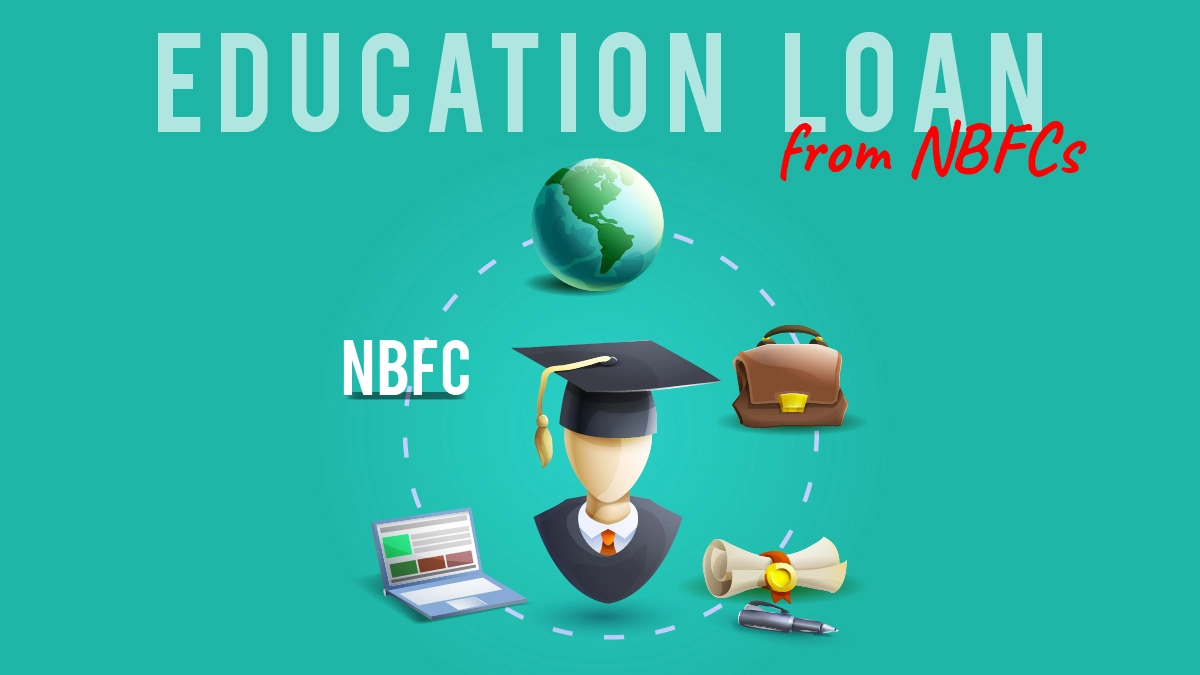https://www.wemakescholars.com/blog/applicant-eligibility-criteria-for-abroad-education-loan
Abroad Education Loan | Updated

Ever wonder why do so many education loan applications get rejected by lenders? Your loan application may get approved by one lender but get rejected by another.
One common cause for rejection could be unable to arrange required documents on time, but the majority of cases are rejected due to not meeting the eligibility criteria set by lenders for education loans.
This article will shed light on the different aspects of the applicant’s profile that are essential in order to meet the eligibility criteria set by various lenders.
You can also watch the 40th episode of our Loanflix series which is on the same subject and is embedded below for your ease.
Education loan options in India
It is important to know your available options as the eligibility criteria will vary on what you choose.
- Collateral loans - Collateral loans also known as secured loans are majorly offered by prominent Government banks in India where you are required to put up collateral security with the bank for the loan.
- Non-Collateral loans - Non-Collateral loans also known as unsecured loans are majorly offered by private lenders (Private banks, NBFCs, and international lenders) where the collateral is not a requirement to get the loan.
Eligibility criteria for abroad education loan
As already mentioned above, there are a few basic guidelines that students are required to meet in order to be eligible for an education loan. Eligibility criteria may vary from bank to bank as per the type of loan you opt for.
If you search for the eligibility criteria from the official site of the lenders, you’ll find these plainly stated terms. One thing is common though, the branch officials do not take up the burden of properly explaining to you the eligibility criteria or the complete education loan process for that matter.
At WeMakescholars, we explain each and every doubt that you may have and assist you with the solutions for the same. Banks typically check the following criteria to approve the student loan, and below each criterion, we've tried to explain what it means.
- The applicant must be a citizen of India.
It also means an NRI student can also apply for an education loan in India provided they fulfill the requirement for the same.
- The applicant should have secured and got the admission letter from a recognized university abroad.
Yes, it is true that you need an offer letter to start your loan process or at least this is what every lender will tell you if you go on your own.
But do you know? Your GRE score is enough to get started with your loan process for the US. Yes, it is only possible with WeMakeScholars.
We can also get done with the legal and valuation parts of your pledged property before you get your offer letter, which your lender would almost certainly deny and will ask you to come with an offer letter if you visit the bank directly.
- The applicant must have opted for a full-time or part-time UG/PG program.
If you want to do a full-time course in a non-STEM field or even MBBS or Ph.D., do not even bother going to private lenders. Private lenders prefer job-oriented courses, basically a course with high job opportunities.
As per Government banks’ circular, they can fund almost all courses from any decent country (this is also where private lenders have their favorites). But due to a lack of knowledge, branch officials at banks refuse to provide loans to students.
WeMakeScholars can step in here for you, if you apply through us, and speak with the concerned person on your behalf, informing them of their policies and initiating your loan application.
- The applicant who is willing to pursue full-time courses requires a co-applicant (parent/guardian or spouse/parent-in-law/ siblings/ first cousins)
There are also ways you can get an education loan without mentioning co-applicant. Certain lenders have such education loan schemes which they won’t tell you about.
They get a large number of loan applications and, as previously said, do not bother to provide all of the information to the students. Instead of giving a student an alternative if their co-applicant criteria are not fulfilled, they reject the application and move on to the next one.
So to avoid any impediment during your loan process start your loan process with us. Our financial officer will keep you updated with all the requirements.
You can fill out this education loan eligibility checking form and know if you are eligible to get the education loan or not.
There are additional unmentioned eligibility criteria set by different lenders as well. Not being able to meet them are the top reasons behind education loans rejections.
Eligibility criteria for a secured education loan from a Government bank:
Besides the general eligibility criteria mentioned above, Government bank sees-
- Past academics - The student should have scored a minimum of 60% in all levels-10th onward
- Backlogs - The student should not have more than 3 backlogs in graduation
- Gap check - A gap in education has to be justified by writing a letter to the bank
- CIBIL score - Cibil score of both student and co-borrower ideally should not be less than 685.
Eligibility criteria for an unsecured education loan from a private lender:
Besides the general eligibility criteria mentioned above, private lenders (Private banks and NBFCs) sees-
- The academic profile of the applicant- Overall past academic performances, GRE score, and all should be excellent.
- Financial co-applicants income- The income of the financial co-applicants should be sufficient to cover the incurred interest rate throughout the moratorium period.
- CIBIL score - Cibil score of both student and financial co-applicant should not be less than 685.
- Level of degree- Post-graduate programs are given preference over undergraduate programs.
- Nature of the course- Courses in the fields of Science, technology, engineering, mathematics, and Master's are preferred.
- The country of choice - For abroad education, major abroad destinations like the US, UK, Canada, etc are preferred.
- The University of choice - The university should come in the top 300 universities globally.
- Age - The age of both student and co-applicant is also taken into consideration by private lenders. Students older than 27 years and co-applicants nearing retirement or retired usually get denied funding.
Depending on the type of loan, lenders have set various eligibility parameters for co-applicants as well, like their income, ITR filing, CIBIL report, etc.
Before applying for an education loan in India from any of the prominent banks, you must scrutinize your education loan eligibility criteria in advance. Our team at WeMakeScholars aims to assist students with the education loan process and queries. Our team will closely check with multiple Government Banks/Private Banks/NBFCs and will keep a close check on your loan application status. Our financial team at WemakeScholars will come to your rescue if you face any issues during your education loan process.




![Education Loan for Working Professionals [Executive MBA] Education Loan for Working Professionals [Executive MBA]](https://www.wemakescholars.com/uploads/blog/Education-Loan-for-working-professionals.webp)
Kindly login to comment and ask your questions about Scholarships & Education Loans